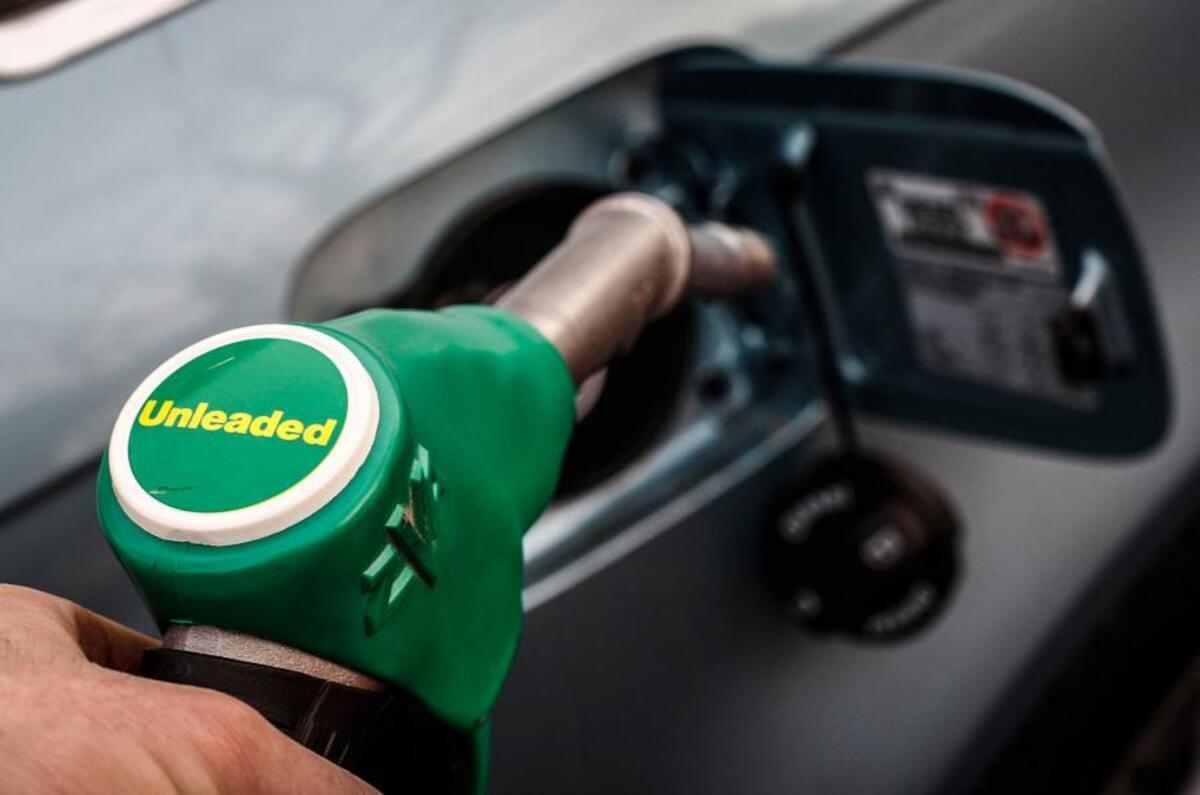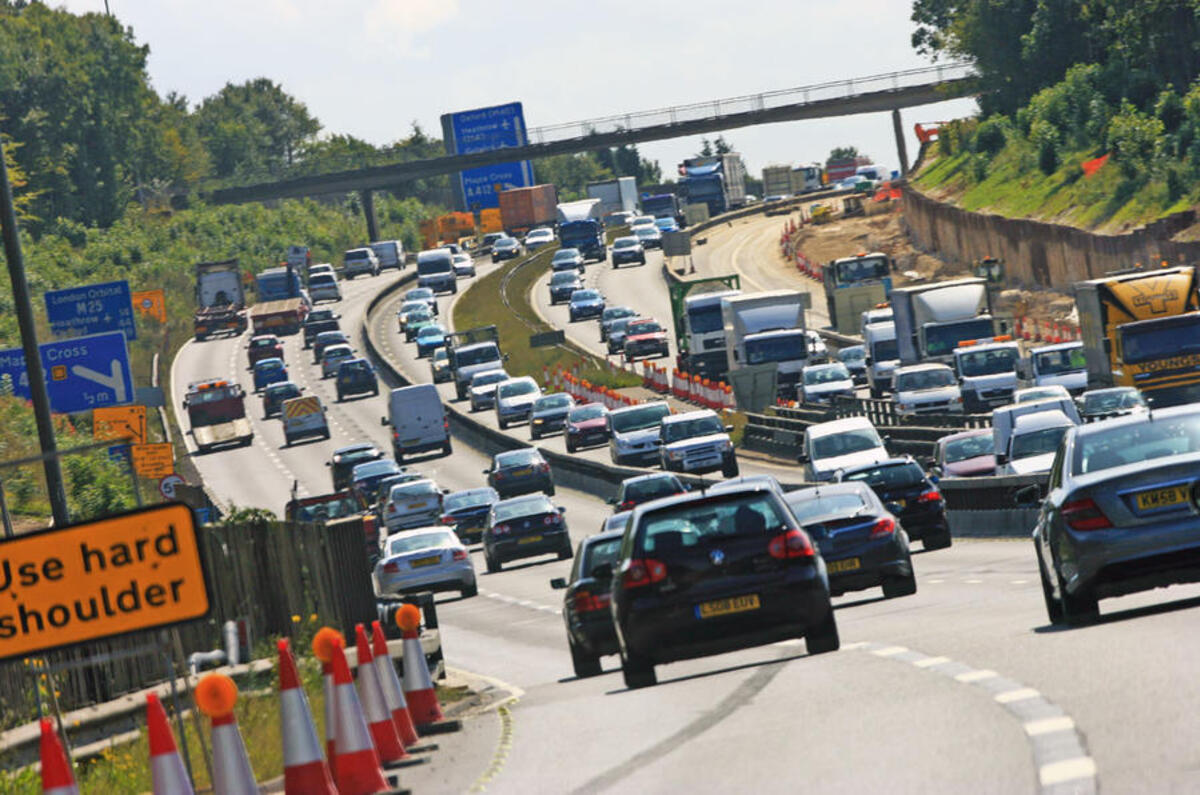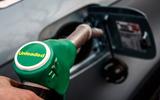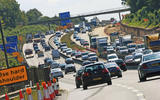The UK government will freeze the fuel duty rate for the coming year, chancellor Rishi Sunak has announced in the 2021 Budget.
Fuel duty has been frozen at 57.95p per litre since 2009. Reports suggest that Sunak was considering an increase for this year, both to raise public funds and send a signal about the government’s commitment to lowering carbon emissions. But he has decided that the public’s reliance on cars for transport during the pandemic, when the need to socially distance has deterred many from public transport, means that fuel duty should not be increased.
“To keep the cost of living low, I’m not prepared to increase the cost of a tank of fuel, so the scheduled rise in fuel duty is cancelled,” said Sunak, during the presentation of the Budget.
In the Budget report, the government claimed that over the 11 years that fuel duty has been frozen, the average driver has cumulatively saved around £1600 compared with the pre-2010 'escalator' system.
But the report did hint that fuel rates could increase in future years, as the government attempts to promote the shift to low-emissions vehicles ahead of the ban on most new ICE vehicles from 2030. The report noted that "future fuel duty rates will be considered in the context of the UK's commitment to reach net-zero emissions by 2050".
Brian Madderson, the chairman of the Petrol Retailers Association, backed the move, saying: “As the PRA has campaigned heavily against any rises in fuel duty, we naturally welcome the chancellor's decision today. Fuel duty is a regressive tax on business and livelihoods, so any attempt to increase it would have been entirely counterproductive as the economy gets back on track."
Madderson's views were echoed by RAC head of policy Nicholas Lyes, who said: “Drivers will breathe a sigh of relief that the chancellor has decided not to ‘rock the fuel duty boat’. We feared this would only pile further misery on drivers at a time when pump prices are on the rise and many household incomes are being squeezed as a result of the pandemic.
“Many drivers see their cars as a safe way to carry out essential journeys and believe having access to a vehicle is even more important as a result of the pandemic. If the chancellor had raised fuel duty, he could have risked choking any economic recovery, as it would have led to increased costs for consumers and businesses.”
With the Budget largely focused on the economic consequences of the ongoing pandemic, no other policies were announced that directly impacted motorists. It had been thought that the chancellor would outline further investment plans to help the government reach its net-zero target, such as further investment in EV battery manufacturing or the UK's EV charging infrastructure.
The government did pledge £4.8 million to create a hydrogen hub in Holyhead, Wales, which is intended to pilot the creation of hydrogen from renewable energy and its use as a fuel for goods vehicles. The scheme, which could support 500 jobs, it subject to a business case being approved.
There is also £135 million to accelerated the start of construction on the A66 Trans-Pennine road upgrade to 2024.
Society of Motor Manufacturers and Traders boss Mike Hawes said: "The budget provides some encouragement to an automotive sector hit hard by the pandemic and additional trading costs but it falls short of the support needed to transform the industry and market to the net zero future to which both the government and industry aspires."











Add your comment